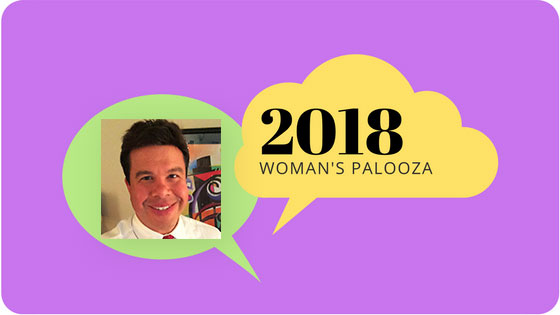The ADHD-Depression Connection – 2018
with Roberto Olivardia, Ph.D.
This presentation reviews the clinical presentation of Depression in women with ADHD and how it may present differently than what is seen in women without ADHD. In addition, we will discuss how rigid gender roles imposed on women, especially those with ADHD, can contribute to the development of depression. Ways of differentiating between ADHD and depression are reviewed, as well as psychological and pharmacological treatment interventions.
$13.00
Depression is a serious mental illness, which affects about 20% of women with ADHD. Many clinicians either misdiagnose one for the other or miss one of the diagnoses when women have both. Having both is associated with more pronounced symptom severity.
This presentation will review the clinical presentation of Depression in women with ADHD and how it may present differently than what is seen in women without ADHD. In addition, we will discuss how rigid gender roles imposed on women, especially those with ADHD, can contribute to the development of Depression. Ways of differentiating between ADHD and Depression will be reviewed. Psychological and pharmacological treatment interventions will be reviewed.
About Roberto Olivardia, Ph.D.
 Dr. Roberto Olivardia is a Clinical Psychologist, Lecturer in Psychology in the Department of Psychiatry at Harvard Medical School, and Clinical Associate at McLean Hospital. He maintains a private psychotherapy practice in Lexington, Massachusetts, where he specializes in the treatment of ADHD, OCD, and Body Dysmorphic Disorder (BDD). He is an internationally recognized expert in eating disorders and body image problems in boys and men. He has appeared in publications such as TIME, GQ, and Rolling Stone, and has been featured on Good Morning America, EXTRA, CBS This Morning, CNN, and VH1. He has spoken on numerous radio and webinar shows and presents at many talks and conferences around the country. He currently sits on the Scientific Advisory Board for ADDitude Magazine and serves on the Professional Advisory Boards for Children and Adults with ADHD (CHADD), the Attention Deficit Disorder Association (ADDA) and the National Association for Males with Eating Disorders. He is an active member of Decoding Dyslexia-Massachusetts, an advocacy group promoting the needs of individuals with Dyslexia.
Dr. Roberto Olivardia is a Clinical Psychologist, Lecturer in Psychology in the Department of Psychiatry at Harvard Medical School, and Clinical Associate at McLean Hospital. He maintains a private psychotherapy practice in Lexington, Massachusetts, where he specializes in the treatment of ADHD, OCD, and Body Dysmorphic Disorder (BDD). He is an internationally recognized expert in eating disorders and body image problems in boys and men. He has appeared in publications such as TIME, GQ, and Rolling Stone, and has been featured on Good Morning America, EXTRA, CBS This Morning, CNN, and VH1. He has spoken on numerous radio and webinar shows and presents at many talks and conferences around the country. He currently sits on the Scientific Advisory Board for ADDitude Magazine and serves on the Professional Advisory Boards for Children and Adults with ADHD (CHADD), the Attention Deficit Disorder Association (ADDA) and the National Association for Males with Eating Disorders. He is an active member of Decoding Dyslexia-Massachusetts, an advocacy group promoting the needs of individuals with Dyslexia.
Related products
-
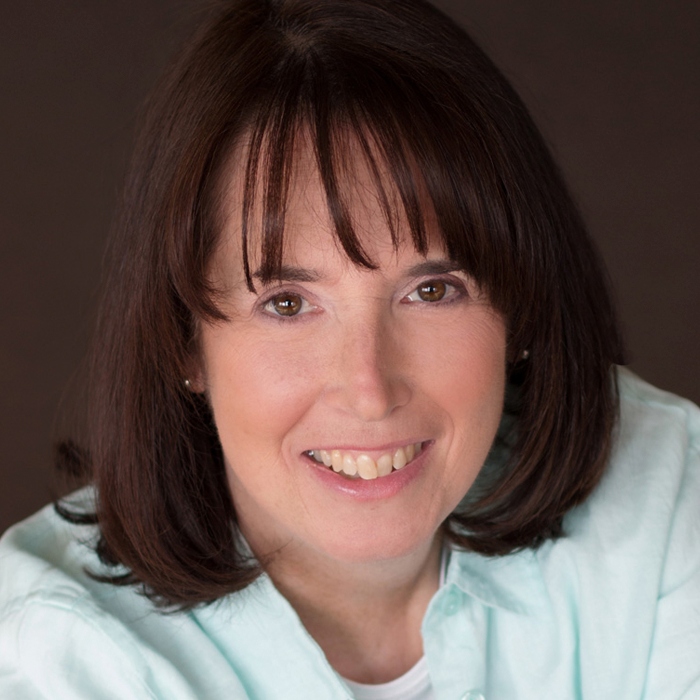
The Highly Sensitive ADHD Woman: When Life is Too Loud, Too Bright, Too Chaotic – 2022
$13.00 Add to cart -
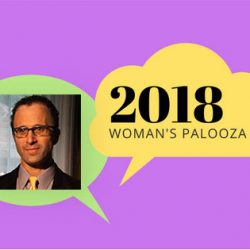
60 Second Meditations for Distractible ADHD Women – 2018
$13.00 Add to cart -
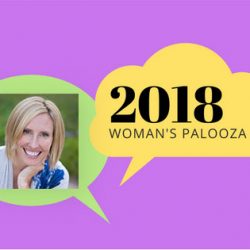
Pump Up the Dopamine: How Addiction Medicates Your ADHD – 2018
$13.00 Add to cart -
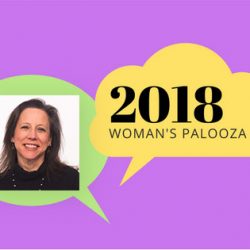
Is it ADHD, Anxiety or Both? – 2018
$13.00 Add to cart -

Why Women with ADHD are So Likely to Feel Depressed – 2017
$13.00 Add to cart
